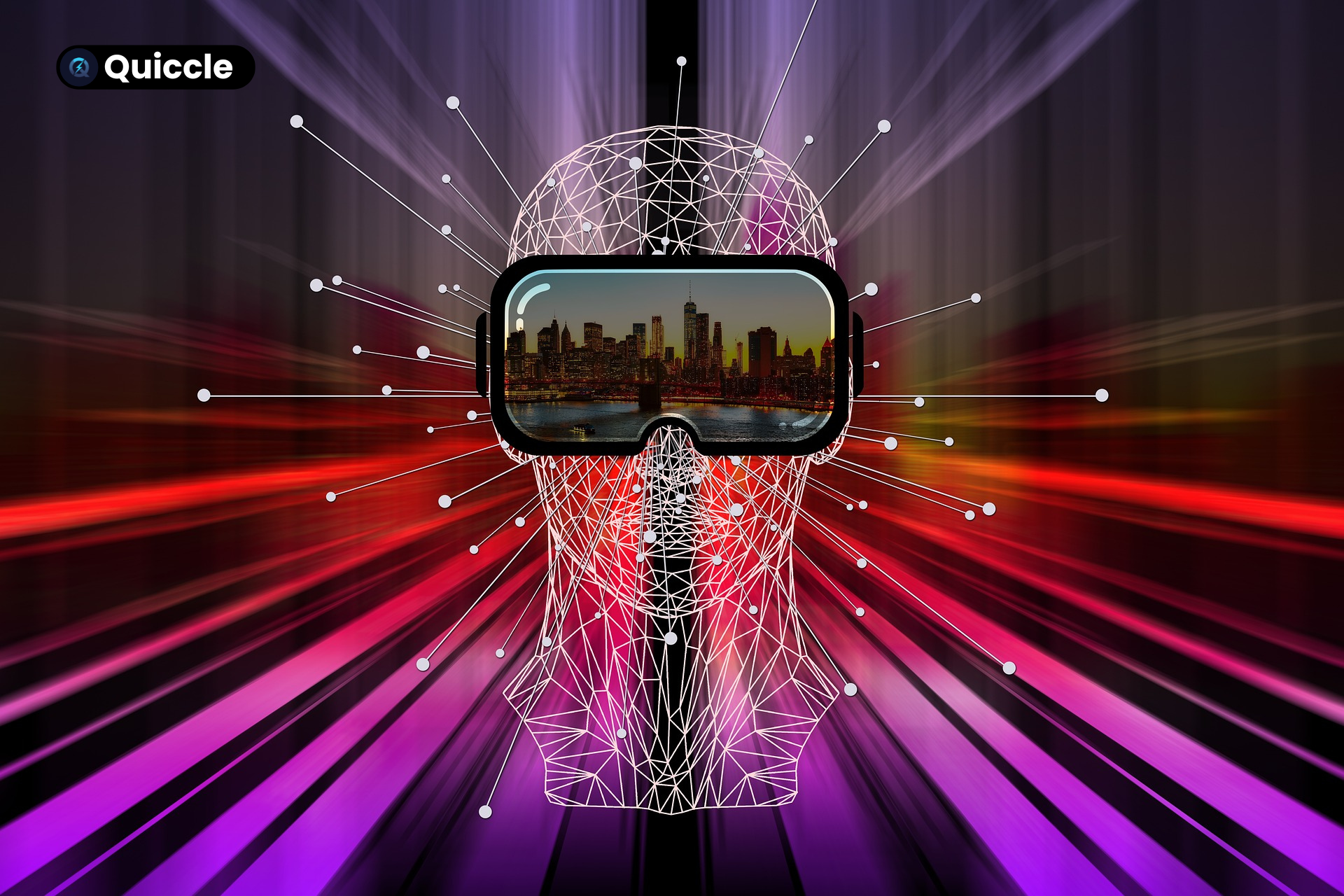-
AI Agent: A specialized software component designed to perform a specific task—think chatbots, scheduling assistants, or recommendation engines.
-
Agentic AI: A broader paradigm: networks of AI agents that coordinate, adapt, learn, and execute complex, multi-step goals autonomously—like an orchestra rather than soloists.
1. Terminology Clarified
-
AI Agent:
-
Executes single tasks using rule-based or ML logic.
-
Limited autonomy—follows predefined workflows (e.g., Siri setting reminders)
-
-
Agentic AI:
-
The umbrella field behind autonomous, multi-agent systems that perceive, plan, act, and adapt in dynamic contexts.
-
Enables agents to become goal-driven, self-improving ecosystems
-
2. Five Core Differences
| Feature | AI Agent | Agentic AI |
|---|---|---|
| Autonomy | Acts within narrow, predefined rules | Makes independent, proactive decisions |
| Goal Orientation | Task-specific; human-defined objectives | Pursues multi-step, high-level goals autonomously |
| Learning & Adaptation | Static unless updated by developers | Continuous learning from environment and feedback |
| Complexity | Simple logic or ML for defined tasks | Complex strategies, tool integration, memory, and planning |
| Coordination | Operates solo | Collaborates with other agents—like swarms or orchestras |
3. Real-World Examples
-
AI Agents
-
Chatbots that answer FAQs, Siri/Alexa reminders, scheduling assistants
-
-
Agentic AI
-
Amazon’s warehouse robots: pick, navigate, and adapt autonomously (Reuters/Times of India).
-
Self-driving cars: anticipate traffic, plan routes, respond to real conditions (e.g., Tesla FSD).
-
Multi-agent systems: surveillance bots, fleet drones coordinating in real-time
-
4. Emerging Agentic Systems & Risks
-
Manus, released March 6, 2025, is a newly launched autonomous AI agent handling complex online tasks without direct human input.
-
Security concerns grow with complexity—OWASP warns about memory poisoning, tool misuse, cascading hallucinations, and inter-agent spoofing:
“Memory Poisoning – Attackers manipulate AI memory to introduce false knowledge… Tool Misuse – AI can be tricked into misusing its tools…”
5. Why This Confusion Matters
-
Business & Governance:
-
Companies like Salesforce (Agentforce) and Perplexity are investing in agentic AI to automate end-to-end workflows.
-
Governance issues arise: who’s responsible? How to ensure safety and ethics as autonomy increases .
-
-
Spectrum of Autonomy:
-
It’s not binary; view autonomy on a continuum. Agentic AI includes coordination and strategic reasoning—AI Agents are points on that spectrum
-

We’re Quiccle, a small crew of big thinkers obsessed with clarity, curiosity, and ideas that move fast but stick deep. We write to spark thought, not just scrolls.



